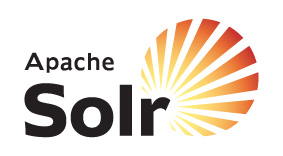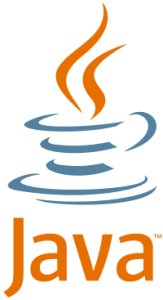I am reading Salvanos’ “Professionell entwickeln mit Java EE 7”. The book, like another one by Inden I commented earlier this year is useful for both beginners and experienced Java EE developers, although for these latter much less.

Even if the author wanted to do something for everyone working with Java Enterprise, there was some stuff that he should have taken for granted for someone starting to go into Java EE after having a good grasp of Java’s core. Salvanos spent a lot of space explaining basic stuff on encoding – even making sure you know how to use the right settings in the general Eclipse and Glassfish configurations – and he also bothered to explain very basic topics on relational databases and JDBC .
What I enjoyed was the wealth of details on JSFs and Web services and EJBs. The space and energy Salvanos used for the trivial sections could have been used for more advanced topics on enterprise JavaBeans or RESTFUL services. I suppose you cannot please everyone, even with as Schmöcker, a book of almost 1100 pages.


